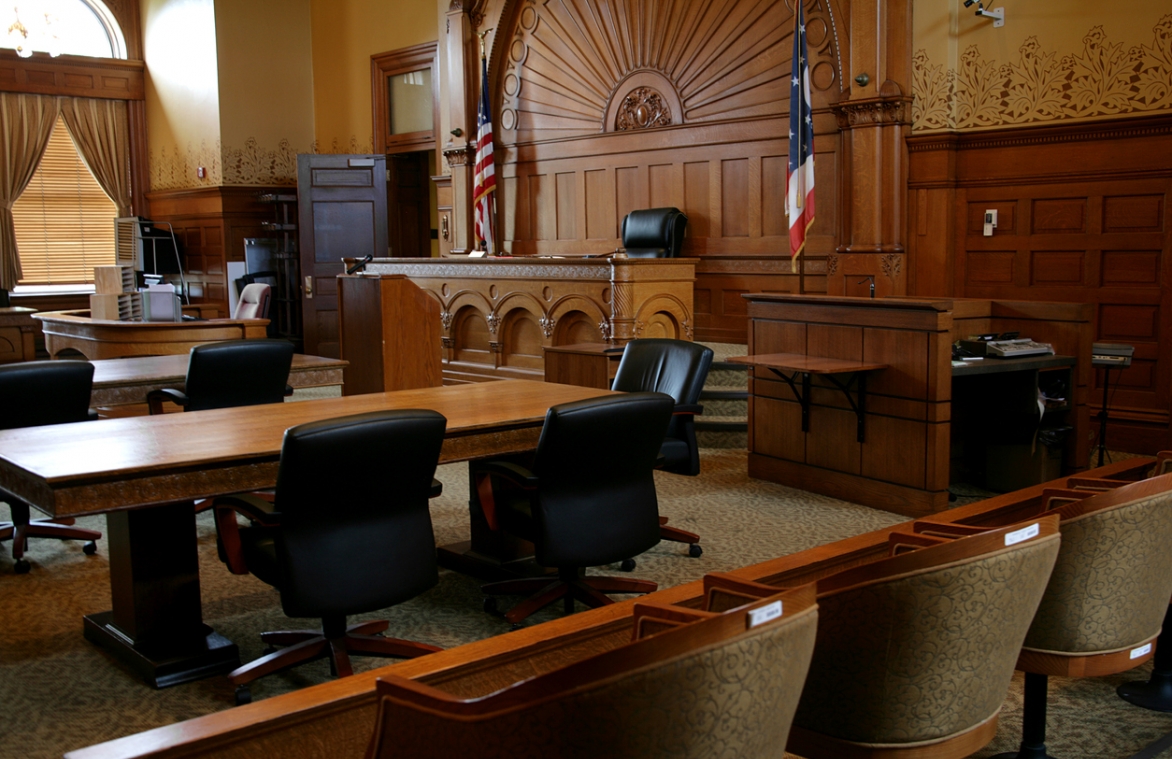A Washington appeals court upheld the cyberstalking conviction of a man who sent threatening e-mails to his sister while he was in jail. The appeals court rejected the man’s First Amendment-based challenges to the cyberstalking law.
Apollo Warnock, while in Asotin County jail on burglary charges, sent his sister, Mical Cato, five e-mails after their mother died. Warnock previously had assaulted his sister, though the two had been civil before the latest exchange of e-mails.
One e-mail from Warnock read in part: “Ill f—ing murder you over my moms legacy …. ha ha just kidding … not.” Another read: “I guess I’ll be seeing you when I get out.” And yet another: “I’m going to kill you.”
The State of Washington charged Warnock with one count of cyberstalking and one count of harassment. The trial court, in a bench trial rather than a jury trial, acquitted Warnock of harassment, but found him guilty of cyberstalking.
The judge reasoned that the harassment charge failed because a reasonable person in the place of the sister would discount the e-mails as uttered in the heat of the moment and without an intent to harm.
However, the trial court also found that Warnock’s e-mails to his sister constituted electronic communications made “with intent to harass, intimidate, or torment” his sister.
On appeal, Warnock challenged the conviction on four grounds: (1) insufficient evidence; (2) that the court should have used a subjective standard in determining whether Warnock expected his sister would feel threatened; (3) that the cyberstalking law is overbroad; and (4) that the cyberstalking law is too vague.
The law provides:
“A person is guilty of cyberstalking if he or she, with intent to harass, intimidate, torment, or embarrass any other person, and under circumstances not constituting telephone harassment, makes an electronic communication to such other person or a third party … .”
The law also says cyberstalking can involve:
“Threatening to inflict injury on the person or property … or any member of his or her family or household.”
Warnock argued his cyberstalking conviction should be reversed because his e-mails did not constitute a true threat. However, the appeals court disagreed in its Oct. 28, 2021, decision in State v. Warnock.
The appeals court first determined that Warnock’s e-mails were true threats and so were not protected by the First Amendment. The court emphasized the reaction, during the trial, of his sister, whose hands shook while she testified. The court also rejected his argument that the law requires the state to prove that he subjectively intended to cause serious harm. The court ruled that an objective standard was all that was required.
The appeals court also rejected Warnock’s argument that the law was too broad and too vague. The court upheld the law, finding that it focused on speech targeting a specific victim and intending to cause harm to that victim.
The state appeals court relied on a Washington Supreme Court decision upholding a telephone-harassment law that used similar language. The appeals court reasoned that the word “harass” is narrowly defined and that persons of common intelligence know what it means.
The Free Speech Center newsletter offers a digest of First Amendment and news media-related news every other week. Subscribe for free here: https://bit.ly/3kG9uiJ
David L. Hudson Jr. is a professor at Belmont University College of Law who writes and speaks regularly on First Amendment issues. He is the author of Let the Students Speak: A History of the Fight for Free Expression in American Schools (Beacon Press, 2011), and of First Amendment: Freedom of Speech(2012). Hudson is also the author of a 12-part lecture series, Freedom of Speech: Understanding the First Amendment (2018), and a 24-part lecture series, The American Constitution 101 (2019).

